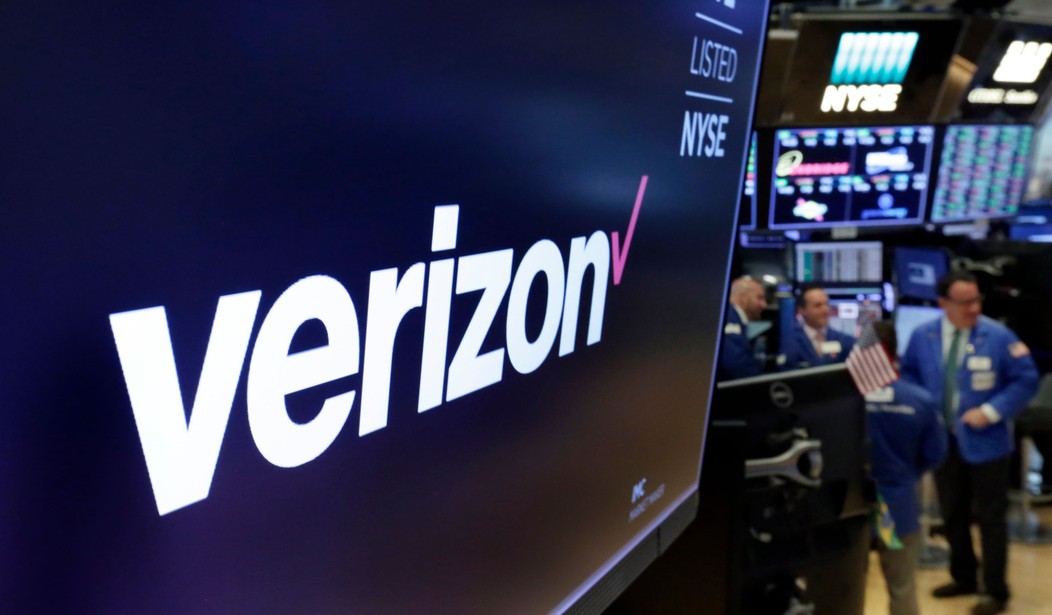Everyone loves a shiny new toy, even if the old toy is working just fine. As a result, expert marketers capitalize on this human "flaw" and find ways to create a fear of missing out. Last year's sports car is still lightning fast, but this year's model is a tenth of a second faster -- or it includes some new safety feature, or is 10 pounds lighter. These incremental changes, barely noticeable to all except the most sophisticated users, seem to drive innovation in the consumer products world. But do they really make sense in the business investment world?
The case under investigation in this discussion is the much-heralded rollout of new 5th generation wireless networks, slated to begin in earnest this year. According to its proponents, 5G offers download speeds up to 20 times faster than current 4th generation wireless networks, which should translate into a more robust and immersive experience for the mobile device user. But are such claims actually realistic?
Exhibit A: Last December, T-Mobile unveiled the first nationwide 5G network, claiming, in the words of CEO John Legere: "This is a huge step towards 5g for all. While Dumb and Dumber focus on 5G for the (wealthy) few, launching in just a handful of cities -- and forcing customers into their most expensive plans to get 5G -- we're committed to building broad, deep nationwide 5G that people and businesses can access at no extra cost with the New T-Mobile, and today is just the start of that journey."
Sleight of hand aside, to access 5G networks, consumers will have to incur costs to purchase upgraded devices. This begs the question: What did we learn from Legere's boastful claims? Did we learn anything about the technical features of the network or additional benefits for the consumer? No. Is 5G wireless cheaper for the consumer? Not a cent. All we really learned is that T-Mobile launched 5G first and other companies (presumably Verizon, AT&T and Sprint) are 'dumb' for not pursuing the same business strategy. Any entrepreneur worth their salt knows that leaders in the hyper-competitive Telecoms space are anything but 'dumb.' While they may pursue different strategies based on different use cases and available resources, there are no idiots walking around with over $100 billion in investor capital.
Recommended
Meanwhile, the consumer market went out and immediately tested T-Mobile's shiny new toy under real-world conditions. CNET's Eli Blumenthal announced "if you're looking for this new low-band 5G network to completely change how you use your phone, you're going to be disappointed. In using the OnePlus device the past few days in New York, the experience was for the most part identical with T-Mobile's current 4G LTE nationwide network. My colleague, Jessica Dolcourt, found her test unit in Maui was also hit or miss, which demonstrates that dead zones are as challenging in 5G as they are in 4G." He admitted that 5G is a promising technology but not yet worth the upgrade from your existing mobile device to a 5G-compatible device.
Other mobile users reported similar experiences. According to Richard Windsor, publisher of Radio Free Mobile and a longtime wireless industry analyst, in an interview in the San Diego Tribune: "As I sit here in my office on my mobile phone with 4G, I get 175 megabits per second with 20 milliseconds latency, so if you deliver me a gigabit per second with 10 milliseconds latency, am I going to notice the difference? Probably not. Which means why would I pay for it?"
Consulting firm McKinsey & Company analyzed the investment cost versus benefit of 5G rollout and cautioned against jumping in with both feet. While Telecom companies "know that it will open opportunities to capture value from new 5G use cases and widespread adoption of the Internet of Things (IoT) ... they are keenly aware that they'll have to increase their infrastructure investments in this technology. Meanwhile, operators will still have to upgrade their 4G networks to cope with growing demand. In an analysis of one European country, we predicted that network-related capital expenditures would have to increase 60 percent from 2020 through 2025, roughly doubling total cost of ownership (TCO) during that period." In other words, this shiny new toy, with only incremental improvements, most of which will be undetectable to the consumer, will cost twice as much as the old toy that works just fine.
Many see 5G as the most overrated -- and expensive -- technology ever. 5G may be analogous to people "cutting the cord" of cable; while they may have access to hundreds of channels, the reality is that most only watch a few channels, making the bundle needlessly expensive. So how much will you be charged for this microscopic increase of speed over time? Is the incremental benefit worth the cost?
However, this is not to say that 5G does not offer significant benefits in the long term. By enabling increased connectivity, 5G will support a host of cutting-edge business applications. The world is consuming more data every year and spectrum congestion is a real problem, especially in heavily populated areas. Because it can efficiently manage thousands of devices simultaneously, from autonomous automobiles to smart streetlights to home security technologies, 5G offers some significant benefits. Regardless, these features will not directly impact the everyday consumer. Thus, announcing the network rollout with such fanfare seems to be more marketing gimmick than actual progress.
To find out more about Armstrong Williams and read features by other Creators Syndicate writers and cartoonists, visit the Creators Syndicate website at www.creators.com.

























Join the conversation as a VIP Member